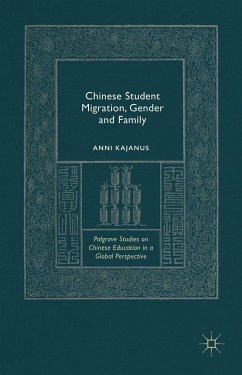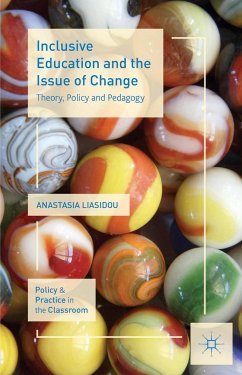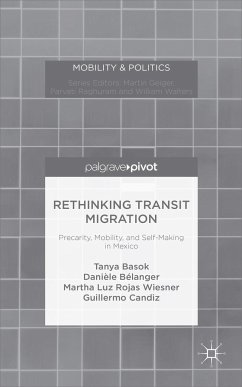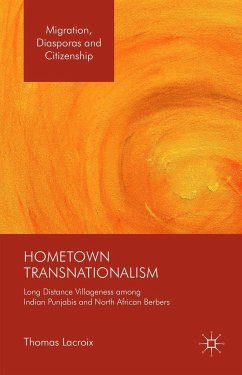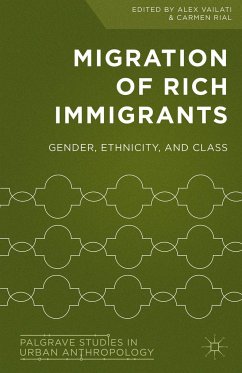
Migration, Diversity, and Education
Beyond Third Culture Kids
Herausgegeben: Dervin, Fred; Loparo, Kenneth A.

PAYBACK Punkte
38 °P sammeln!
The concept of Third Culture Kids is often used to describe people who have spent their childhood on the move, living in many different countries and languages. This book examines the hype, relevance and myths surrounding the concept while also redefining it within a broader study of transnationality to demonstrate the variety of stories involved.




